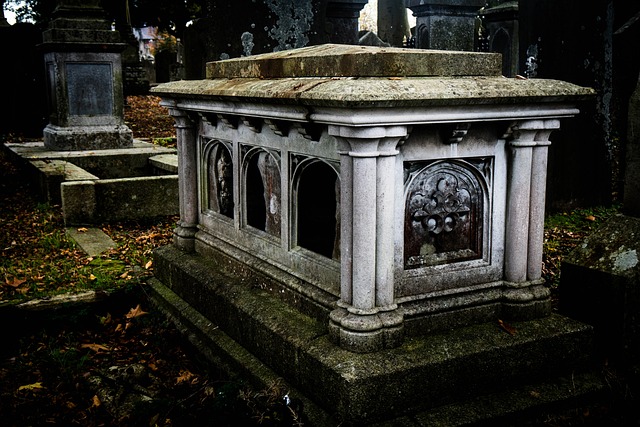Funeral insurance, or final expense insurance, is designed to cover end-of-life costs and relieve financial stress on families during an emotional time. Policies typically include funeral, burial, cremation, medical debts, and estate taxes. Pricing varies based on age, health, location, coverage type, and benefit level; understanding these factors aids in making informed decisions when choosing insurance for funeral costs.
Planning ahead for life’s final journey can be emotionally challenging, but securing insurance for funeral costs offers peace of mind. This comprehensive guide delves into the world of funeral insurance, providing an understanding of its purpose and how it works. We’ll break down the cost structure, offering insights to help you navigate this important decision. By the end, you’ll be equipped with knowledge to make informed choices regarding your funeral insurance needs.
- Understanding Funeral Insurance: A Comprehensive Overview
- Decoding the Cost Structure: What You Need to Know Before Purchasing
Understanding Funeral Insurance: A Comprehensive Overview

Funeral insurance, also known as final expense insurance, is a specialized type of coverage designed to help individuals and their families cover the substantial costs associated with end-of-life services. This insurance plays a crucial role in ensuring that loved ones aren’t burdened with financial stress during an already emotionally challenging time. By purchasing funeral insurance, you secure peace of mind knowing that your final arrangements will be taken care of without placing a financial strain on your family.
The coverage typically includes expenses such as funeral and burial costs, cremation fees, and even outstanding medical debts or estate taxes linked to the deceased’s passing. This comprehensive approach ensures that every aspect of the send-off is managed efficiently, allowing families to focus on grieving rather than financial obligations. Understanding what funeral insurance covers and how it works is essential when planning for the future, as it provides a safety net for your loved ones, ensuring they can honour your memory without worrying about the financial implications.
Decoding the Cost Structure: What You Need to Know Before Purchasing

Before purchasing insurance for funeral costs, it’s crucial to understand how these policies are priced and what factors influence the cost structure. Insurance providers consider various elements when determining premiums, such as age, health status, location, and chosen coverage amount. Age is a significant factor; the older you are, the higher the premium, as the risk of needing a funeral service increases with age. Similarly, pre-existing health conditions or chronic illnesses can lead to higher costs.
The type of coverage and benefit level also play a critical role. Basic plans may only cover a portion of the funeral expenses, while comprehensive policies offer more extensive protection. Location is another consideration, as certain regions have varying average funeral costs. Additionally, the amount of coverage you select will directly impact your premium; higher coverage amounts come with correspondingly higher premiums. Understanding these dynamics empowers individuals to make informed decisions when choosing insurance for funeral costs.
When considering insurance for funeral costs, it’s essential to understand both the coverage and pricing. By decoding the cost structure and comparing different plans, you can make an informed decision that aligns with your financial comfort zone. Remember that while planning ahead for end-of-life expenses might not be pleasant, doing so ensures peace of mind and helps honor your loved ones’ memories without unnecessary financial strain.







